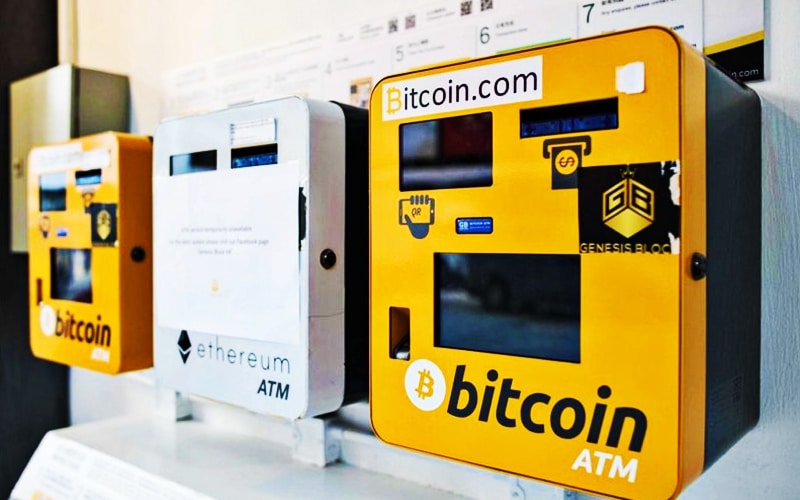Bitcoin ATMs are becoming infamous for criminal activities like money laundering and drug trafficking. This time around it makes the headlines as the Manhattan District Attorney’s office accuses a man of operating a total of 46 illegal Bitcoin ATMs and laundering over $5.6 million.
Robert Taylor, the man indicted with multiple counts of operating an unlicensed money transmission business, criminal tax fraud, and other offenses, operated Bitcoin kiosks between 2017 and 2018.
Unlike licensed Bitcoin ATMs, his kiosks did not require customers to provide any KYC, attracting customers who had recently committed felonies. He allegedly converted more than $5.6 million in cash from his customers into Bitcoin while charging a fee of between 10% and 20% for the promise of anonymity.
His kiosks are said to be found in laundromats aimed at criminals who want to launder money anonymously. The search warrants resulted in the recovery of $250,000 in cash as well as 20 Bitcoin ATMs containing $44,000 in cash from Taylor’s apartment.
According to DFS regulations, anyone operating a Bitcoin kiosk business must have a license to engage in “Virtual Currency Business Activity,” also known as a BitLicense, which Taylor didn’t have.
Alvin Bragg Jr., Manhattan District Attorney said, “Robert Taylor allegedly went to great lengths to keep his Bitcoin kiosk business as secret as possible to attract a clientele that would pay top dollar for anonymity.”
Customers can use cash to buy crypto at Bitcoin ATMs. The funds are then transferred to the customer’s crypto wallet. However, that convenience also means easy money for con artists and a wash of money.
In the United Kingdom, the Financial Conduct Authority (FCA) has stated that operators must be registered with the FCA in order to provide ATM services and comply with money laundering regulations, and if they are not, such Bitcoin ATMs will be shut down.






